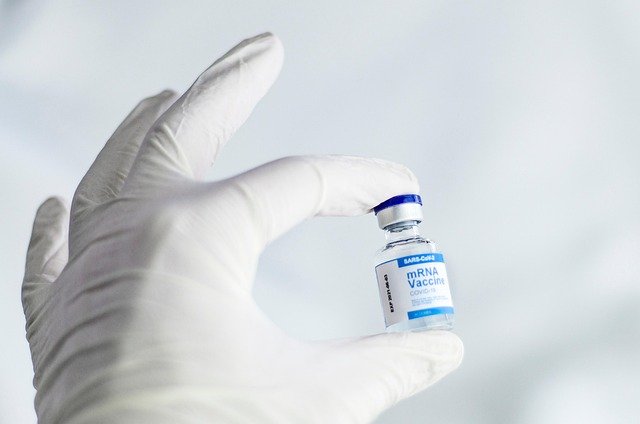Understanding Egg Donation: A Comprehensive Guide
Egg donation is a crucial aspect of assisted reproductive technology that helps individuals and couples struggling with infertility achieve their dream of parenthood. This altruistic act involves a woman donating her eggs to another person or couple for the purpose of fertility treatment. Let's delve into the intricacies of egg donation, its process, and its impact on both donors and recipients.

The egg donation process requires careful coordination between the donor, recipient, and medical professionals. It involves thorough medical and psychological screening, legal agreements, and adherence to ethical guidelines set by fertility organizations and regulatory bodies.
Who can become an egg donor?
Egg donors are typically healthy women between the ages of 21 and 34. Ideal candidates should have a good medical history, be non-smokers, and have a healthy body mass index. Potential donors undergo extensive screening, including genetic testing, infectious disease screening, and psychological evaluation.
Women considering egg donation should be aware that the process requires a significant time commitment and may involve some physical discomfort. However, many donors find the experience rewarding, knowing they are helping others build families.
What are the medical procedures involved in egg donation?
The egg donation process involves several medical steps:
-
Ovarian stimulation: The donor receives hormone injections to stimulate her ovaries to produce multiple eggs.
-
Monitoring: Regular ultrasounds and blood tests are conducted to track follicle development and hormone levels.
-
Egg retrieval: A minor surgical procedure is performed under sedation to retrieve the mature eggs.
-
Recovery: Donors typically recover quickly, returning to normal activities within a day or two.
Throughout the process, donors are closely monitored by medical professionals to ensure their health and safety.
What are the risks and benefits of egg donation?
Like any medical procedure, egg donation carries some risks. Potential risks include ovarian hyperstimulation syndrome, infection, and complications from the egg retrieval procedure. However, serious complications are rare, and most donors experience only minor discomfort.
Benefits for donors may include:
-
Financial compensation
-
Satisfaction from helping others build families
-
Increased awareness of their own fertility and reproductive health
For recipients, egg donation offers the opportunity to experience pregnancy and childbirth, even if they are unable to use their own eggs.
How is egg donation different from sperm donation?
While both egg and sperm donation contribute to assisted reproduction, there are significant differences:
-
Invasiveness: Egg donation is more invasive, requiring hormone stimulation and a surgical procedure. Sperm donation is relatively simple and non-invasive.
-
Time commitment: Egg donation requires several weeks of preparation and monitoring. Sperm donation can be completed in a single visit.
-
Compensation: Egg donors typically receive higher compensation due to the more involved process.
-
Quantity: Women have a limited number of eggs, while men produce sperm continuously. This affects the frequency of donation and the number of potential offspring.
Both types of donation play crucial roles in helping individuals and couples overcome infertility.
What are the legal and ethical considerations in egg donation?
Egg donation involves complex legal and ethical considerations. Key aspects include:
-
Informed consent: Donors must fully understand the risks and implications of the process.
-
Anonymity vs. open donation: Policies vary regarding the level of information shared between donors and recipients.
-
Compensation: Ethical guidelines aim to prevent exploitation while fairly compensating donors for their time and effort.
-
Offspring rights: Laws vary regarding the rights of donor-conceived individuals to access information about their genetic origins.
It’s crucial for all parties involved to work with experienced fertility lawyers to navigate these complex issues.
In conclusion, egg donation is a valuable option for many individuals and couples facing fertility challenges. While it involves careful consideration of medical, ethical, and legal factors, it has helped countless people realize their dreams of parenthood. As reproductive technologies continue to advance, egg donation remains an important avenue for family building, bridging the gap between biological limitations and the desire to have children.
This article is for informational purposes only and should not be considered medical advice. Please consult a qualified healthcare professional for personalized guidance and treatment.






